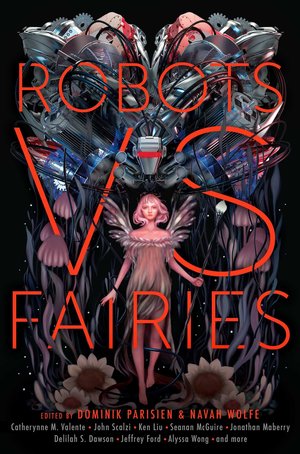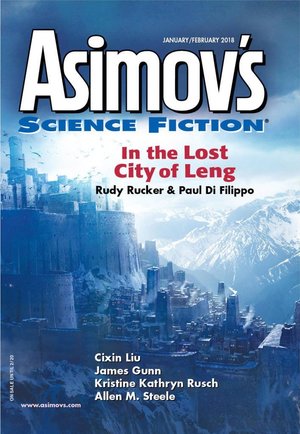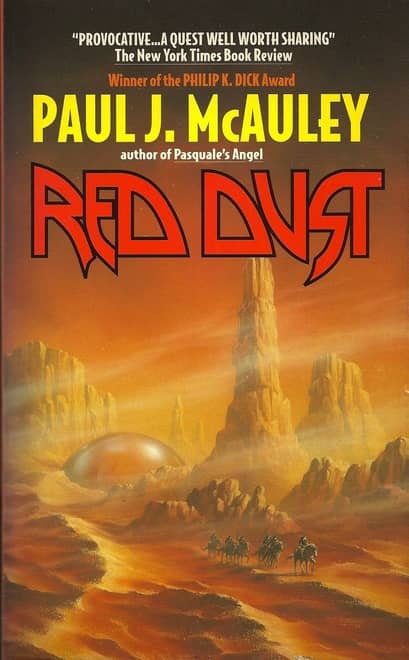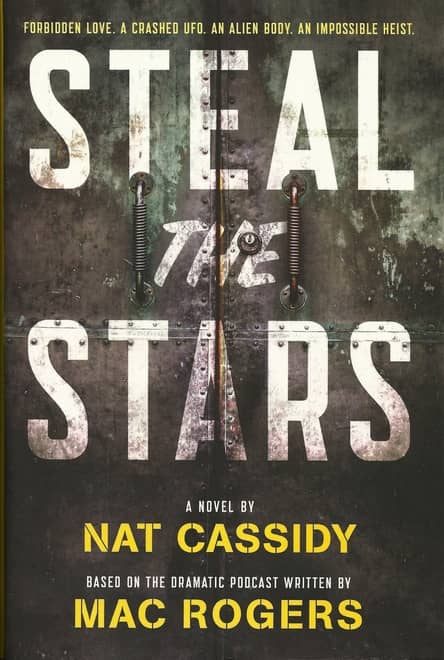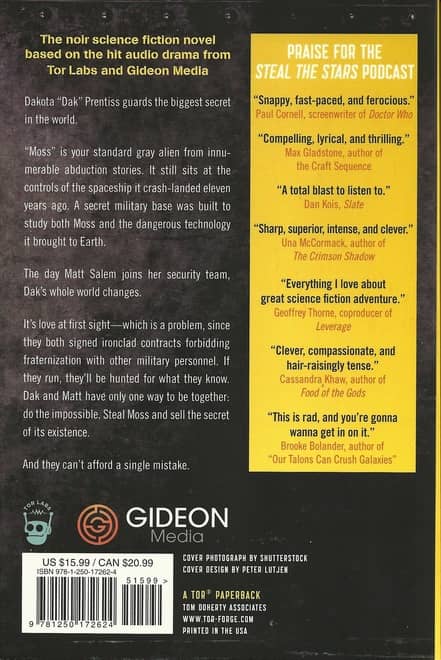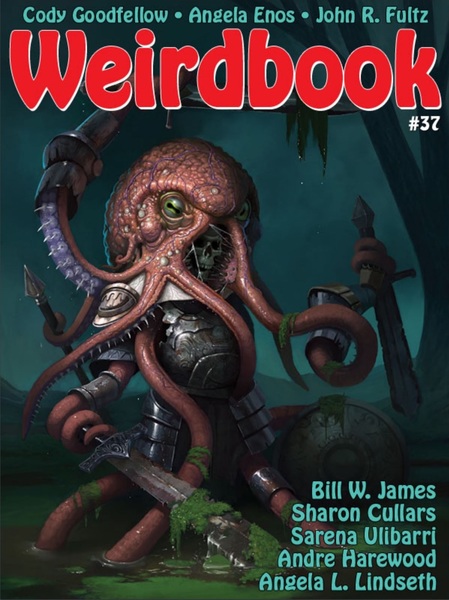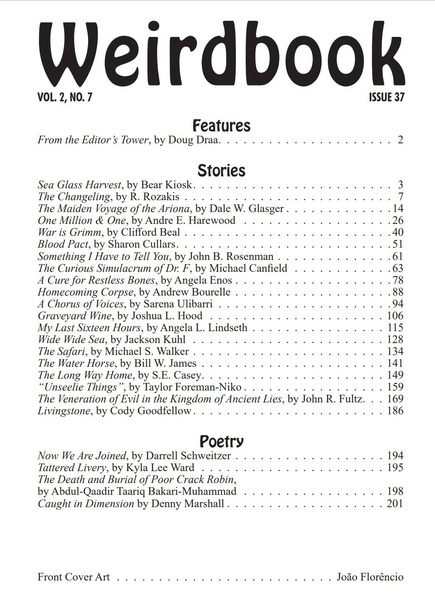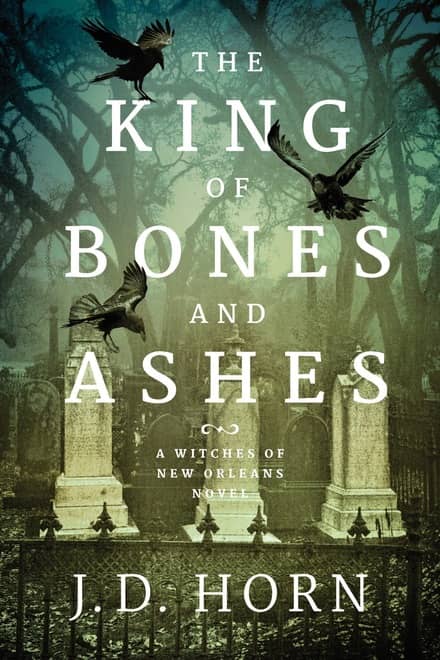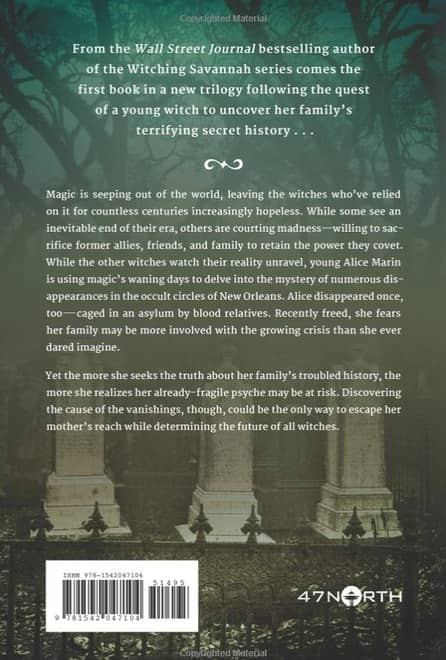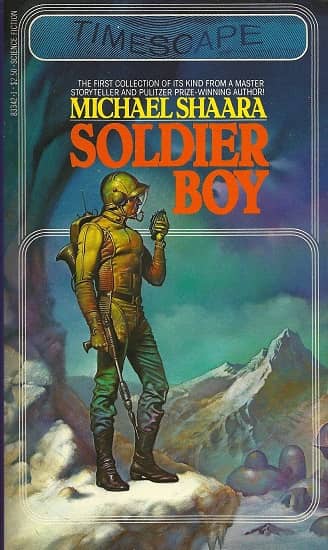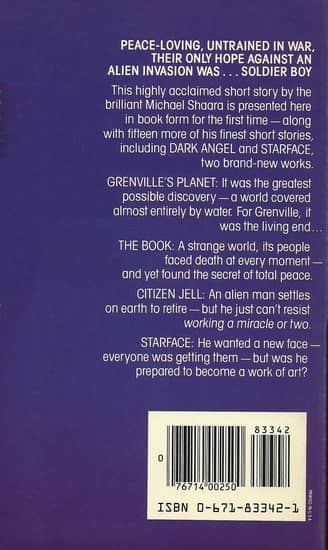Celebrate the Spirit of the Holidays With The Big Book of Christmas Mysteries, edited by Otto Penzler
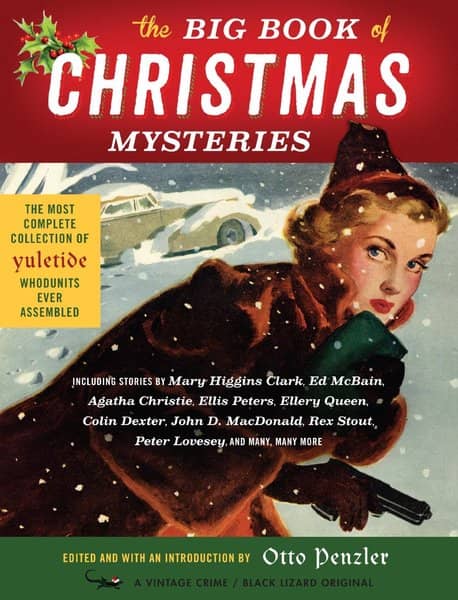 |
 |
Here in the Midwest we got a 2-inch dusting of snow on Christmas Eve, just enough to put everyone in the mood for the holidays. When it comes to a White Christmas, there’s nothing like a little just-in-time inventory.
We have our share of holiday traditions here in the O’Neill-Dechene household. And one of them is reading a mystery tale or two from Otto Penzler’s Big Book of Christmas Mysteries over the holidays, curled up in the living room by the fire, next to the Christmas tree. There aren’t a lot of things in this modern world that bring peace to a body. But lemme tell you, that’s definitely one of them.
Otto Penzler’s brick-sized Big Book anthologies are some of the great unsung bargains of modern publishing. We’ve covered a few of them over the years, and he publishes a new one every October (this year’s was The Big Book of Rogues and Villains, which we discussed two months ago.) But The Big Book of Christmas Mysteries, an imposing 672-page volume containing yuletide ctime stories from Ellery Queen, Mary Roberts Rinehart, Ellis Peters, Donald E. Westlake, Damon Runyon, Thomas Hardy, Arthur Conan Doyle, John D. MacDonald, Peter Lovesey, Max Allan Collins, Marjorie Bowen, Ed McBain, Sara Paretsky, Mary Higgins Clark, Ngaio Marsh, Isaac Asimov, Ed Gorman, G. K. Chesterton, Rex Stout, O. Henry, and Agatha Christie, is one of my favorites. Here’s the complete Table of Contents.


